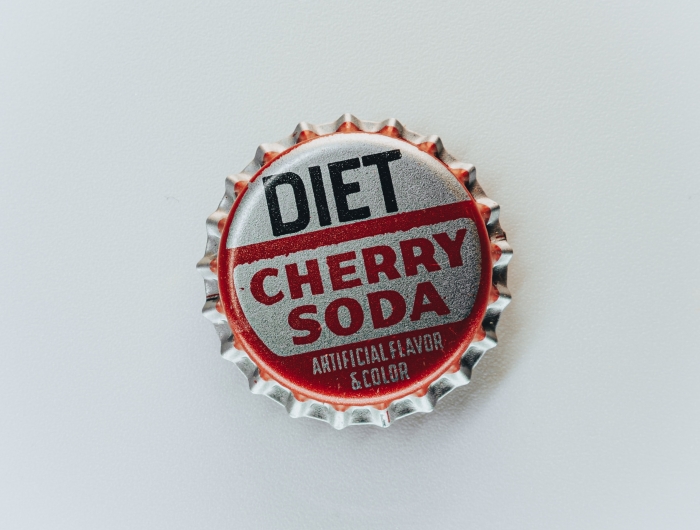WHO to provide clarity on the link between popular artificial sweetener and cancer

Lance Reis - unsplash.com.
If you’ve ever searched the grocery store for “diet” or “no added sugars” products, you’ve probably come across a product that contained aspartame. This popular artificial sweetener is used as a sugar substitute in thousands of popular products, everything from diet soda to sugar free chewing gum.
For years, CSPI has advised consumers to avoid aspartame in our chemical rating database, Chemical Cuisine.
Now, the world is poised to get definitive clarity on whether aspartame can cause cancer, as the chemical is slated to be evaluated by a group of international experts convened by the World Health Organization (WHO) starting on June 6th.
In keeping with our decades-long dedication to scientifically rigorous safety evaluations of food additives, CSPI will follow this evaluation closely.
Very closely, in fact, because I have been invited to attend the evaluation in Lyons, France as an observer. In this role, I will not directly participate in the evaluation—that is exclusively the role of the panel of independent experts assembled by WHO’s International Agency for Research on Cancer (IARC)—but instead can add points to the conversation to help ensure “that all published information and scientific perspectives are considered.”
And we’re eager to have the evidence considered. CSPI nominated aspartame for evaluation by IARC in 2014 and 2019, citing a body of evidence, including human and animal studies, indicating that it may cause cancer.
The evaluation will take place over eight days, during which the expert working group will carefully evaluate all of the publicly available evidence pertaining to the carcinogenicity of aspartame, including data from human, animal, and mechanistic studies, using a systematic, rigorous, and transparent process prescribed by IARC.
By the conclusion of the eight-day meeting, the expert working group will reach a consensus and place aspartame into one of four possible groups:
- Group 1 “carcinogenic to humans”
Group 2A “probably carcinogenic to humans”
Group 2B “possibly carcinogenic to humans”
Group 3 “not classifiable as to its carcinogenicity to humans”
IARC is a global authority on cancer-causing agents. It has classified the carcinogenicity of over 1,000 agents, including chemicals, biological agents, and other exposures. You might recall a few years ago IARC classified processed meats as Group 1 “carcinogenic to humans,” prompting CSPI to petition USDA to require a warning label on processed meats.
The American Cancer Society and the California EPA both directly rely on IARC classifications to update their lists and warn the public about carcinogens.
Also under consideration for possible carcinogenicity alongside aspartame are two other food chemicals: methyleugenol, a flavor compound now banned in the US following CSPI’s 2016 petition to FDA , and isoeugenol, another synthetic flavoring substance still allowed in food in the US.
I am honored to have the opportunity to observe the IARC proceedings and, as permitted by IARC, look forward to fulfilling my role in ensuring the science is duly considered.

